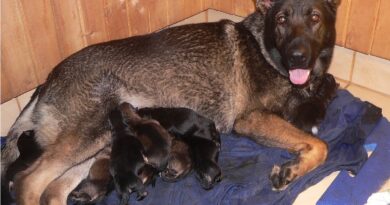Poisonous Plants For Dogs
15 Highly Poisonous Plants For Dogs
Nothing like a beautiful garden, or an immaculate back yard. But be mindful of your dog because some of these plants are poisonous for dogs.
Responsible dog ownership means keeping our dogs safe. At the very least create a barrier between your dog and the toxic plant in question and that way you can both enjoy the yard together.
General symptoms to look out for include diarrhea, nausea, breathing difficulties or skin allergies so it is important that you contact your vet immediately.
Azalea
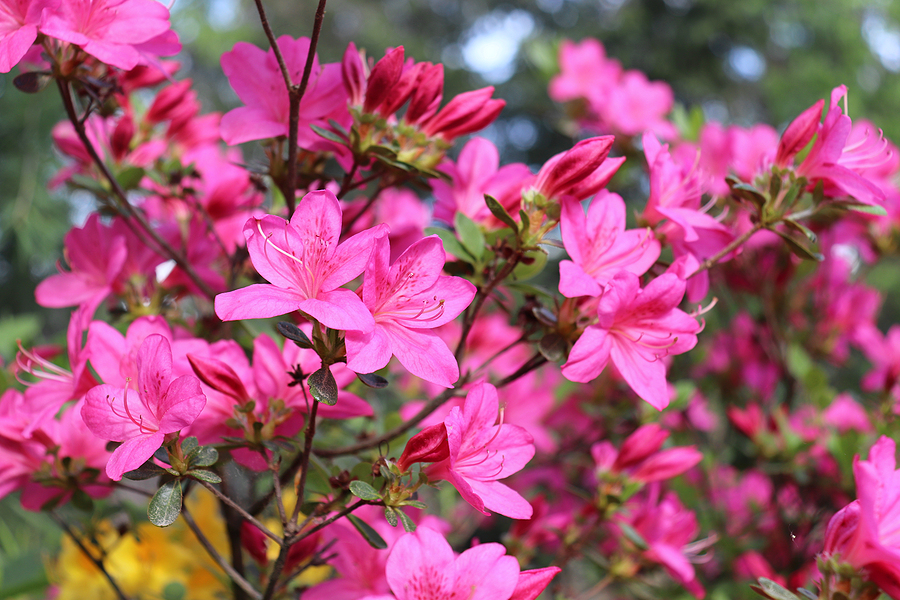
All parts of the beautiful Azalea are poisonous to dogs. Symptoms include stomach irritation, abdominal pain, heart rate & rhythm, convulsions, coma, possible death
Castor Bean
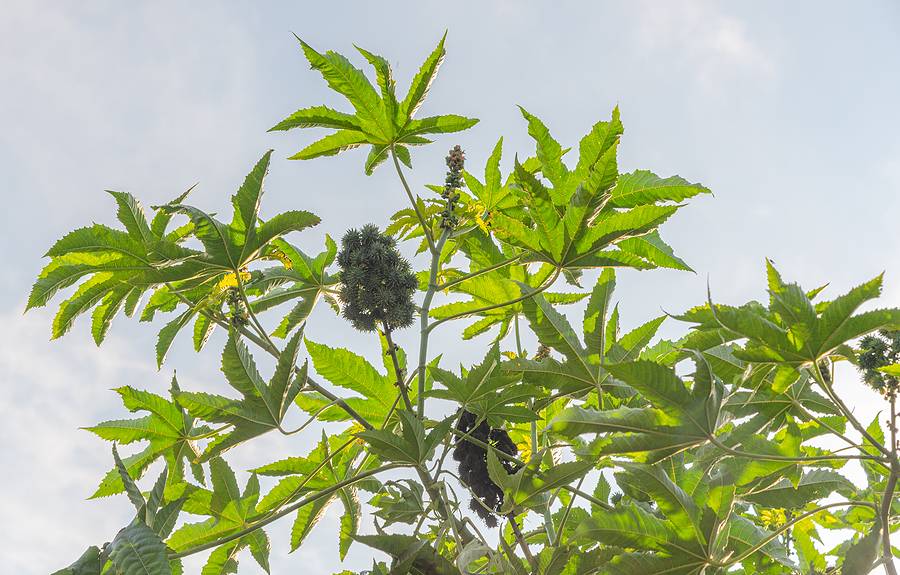
All parts of the Castor Bean are poisonous to dogs. Symptoms include nausea, abdominal pain, bloody diarrhea, dehydration, shortness of breath, excessive thirst, weakness, muscle twitching, convulsions, and coma.
English Ivy
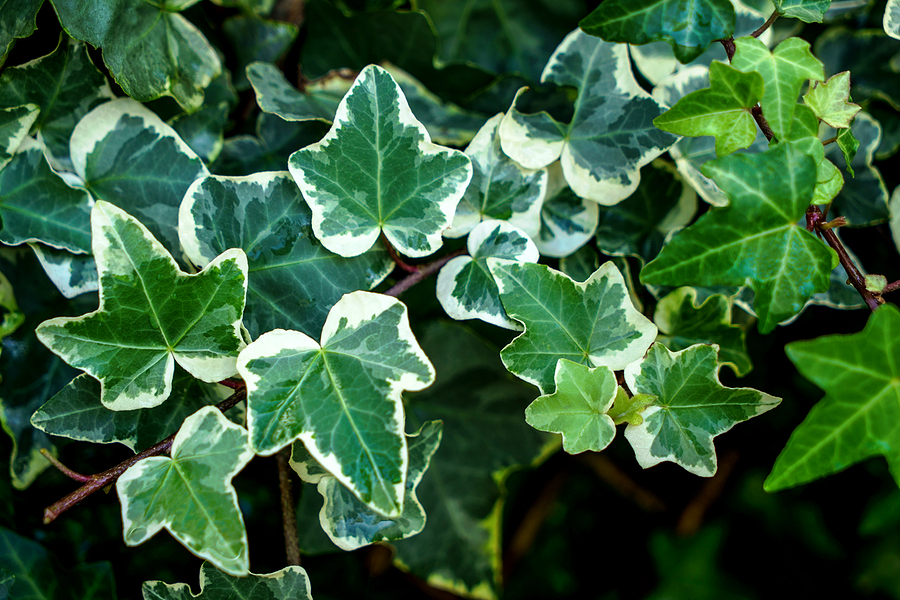
English Ivy make a wonderful indoor plant. The leaves and berries are poisonous and symptoms include stomach irritation, diarrhea, troubled breathing, coma, death
Water Hemlock
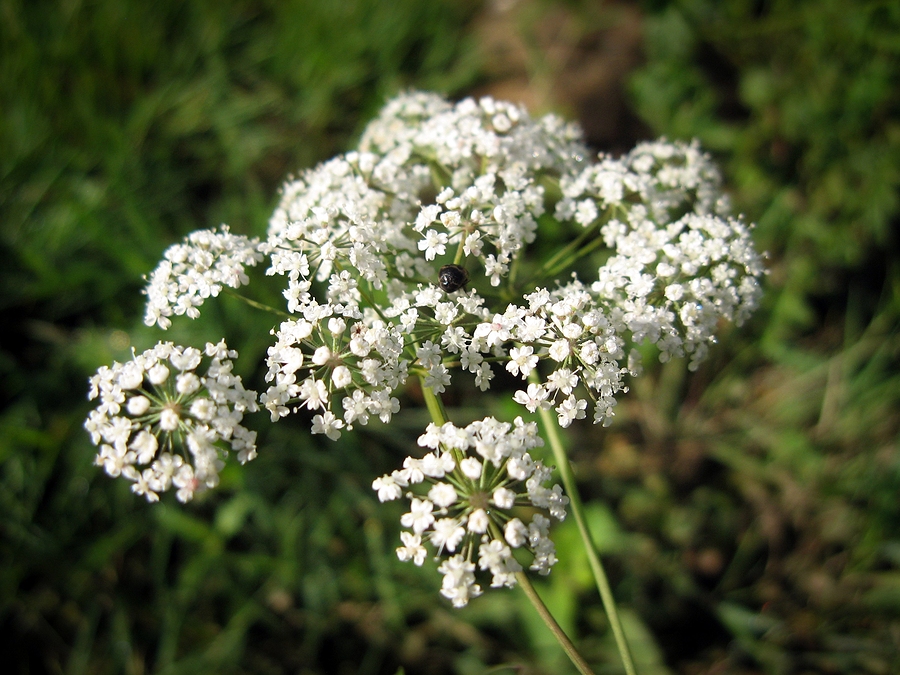
All parts of the Water Hemlock are toxic to dogs, including the root and root stalk. Symptoms include Dilated pupils, frothing at the mouth, spasms, muscle spasms, restlessness, convulsions, and death in under 2 hours
Johnsongrass
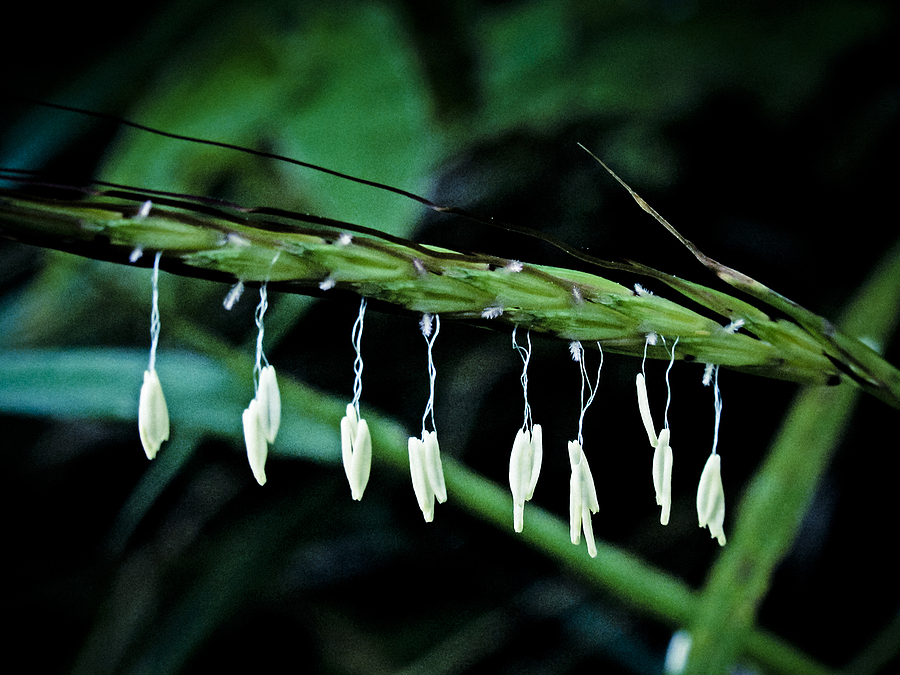
The leaves and stems of the Johnsongrass plant are toxic. Johnsongrass can cause breathing problems, severe anxiety, convulsions, coma, death. An Intravenous antidote exists, and can be administered by your vet.
Jimson Weed
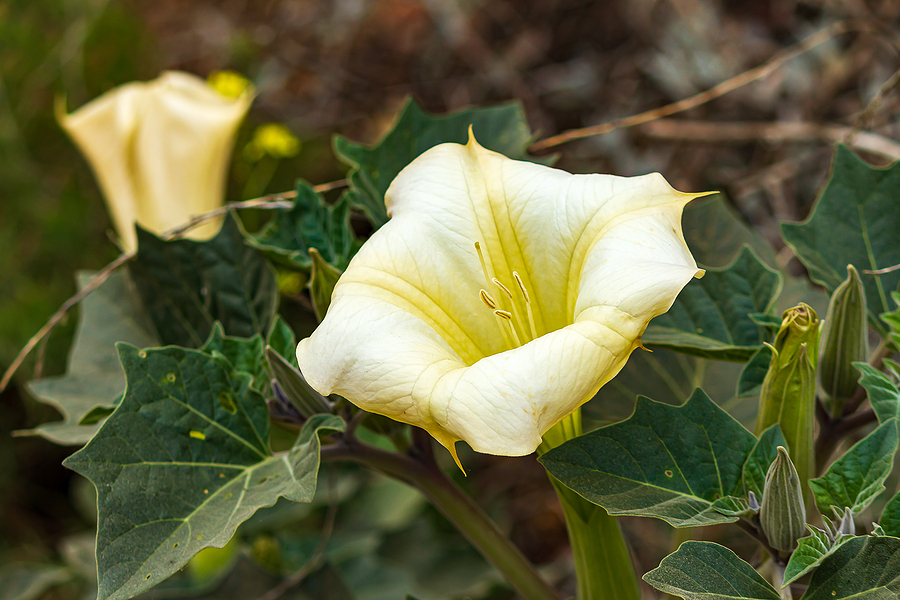
All parts of the Jimson weed are toxic and can cause rapid pulse, rapid breathing, dilated pupils, restlessness, nervousness, twitching, frequent urination, diarrhea, weight loss, weak pulse, convulsions, coma, death.
Lantana
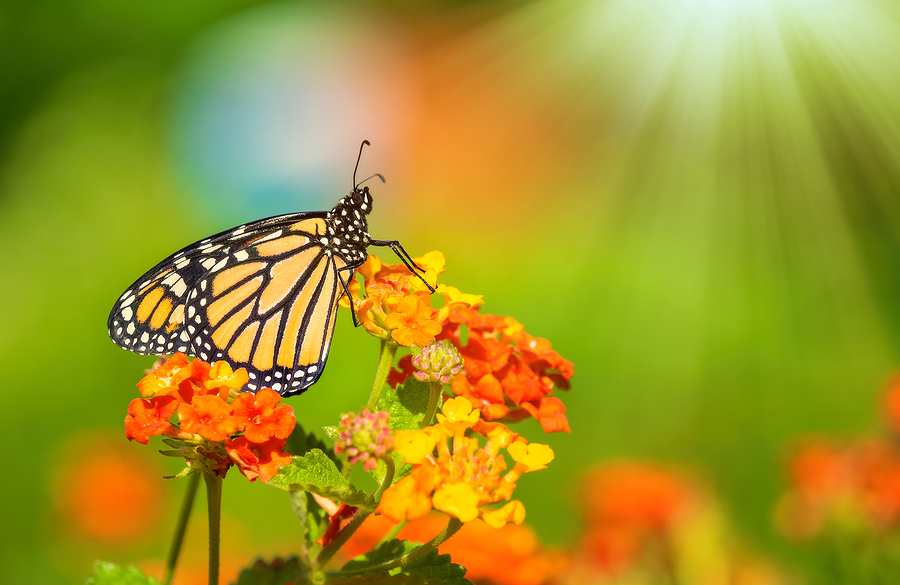
Monkshood
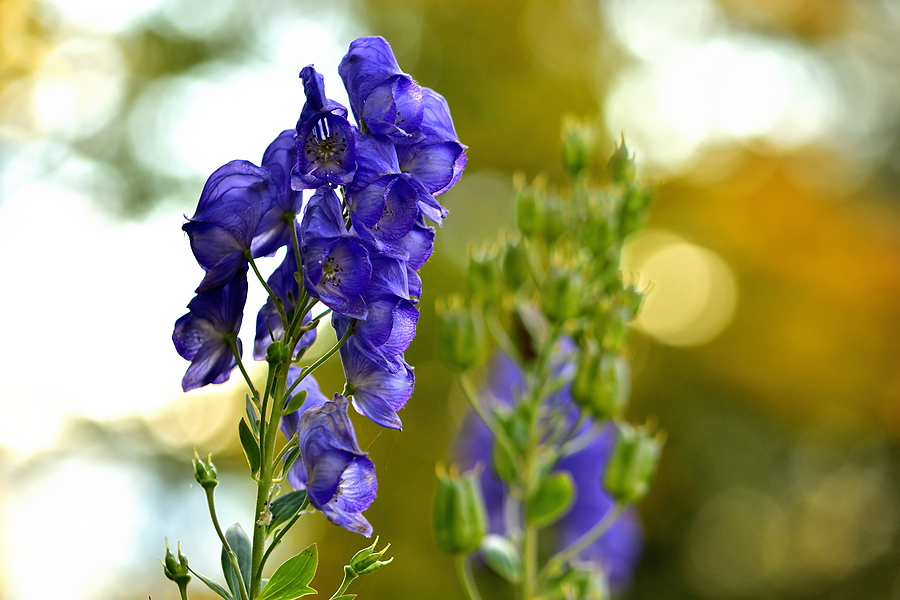
All parts of the Monkshood plant are toxic to canines. Monkshood can cause muscle weakness, hypotension, vomiting, diarrhea and difficulty breathing, respiratory failure, can be fatal.
Nightshade
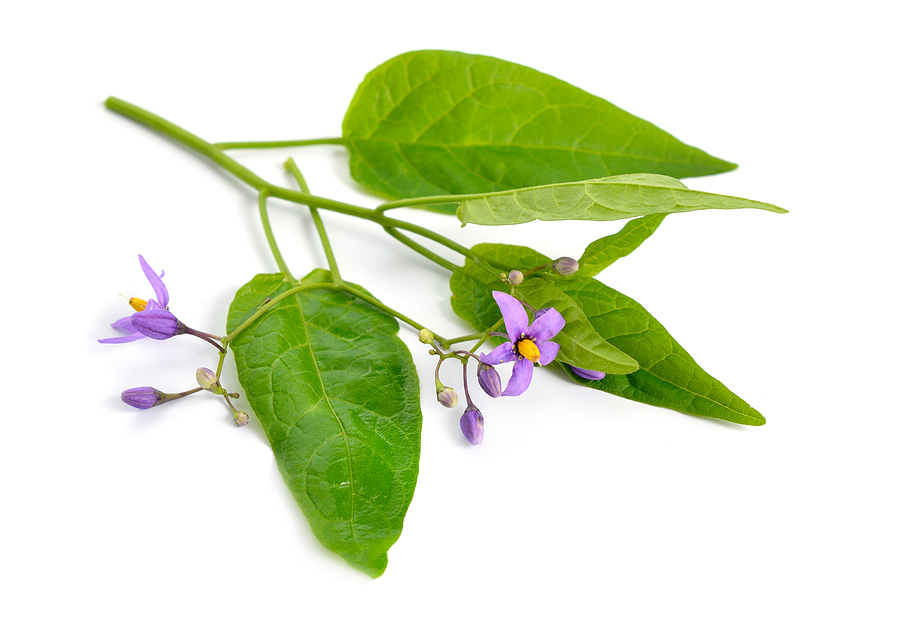
All parts of the Nightshade plant are toxic for dogs. They can cause hallucinations, severe intestinal disturbances, diarrhea, drowsiness, numbness, dilated pupil, trembling, difficulty breathing, nasal discharge, rapid heartbeat, weak pulse, in coordination, paralysis or severe shaking of the rear legs, rapid heart rate, bloat, can be fatal.
Oleander

The oleander is a beautiful evergreen shrub that popular in the Southern United States. Unfortunately, it is highly toxic to dogs and humans alike. The level of poisoning varies according to plant, part of the plant, and amount consumed. All parts of the Oleander are toxic – even the water in the vase has been reported to cause toxicosis. Oleander ingestion can cause abnormal heart rhythm, electrolyte abnormalities, nausea, drooling, vomiting, tremors, seizures. There is an antidote that can be used for severe cases and can be administered by your vet.
Pigweed
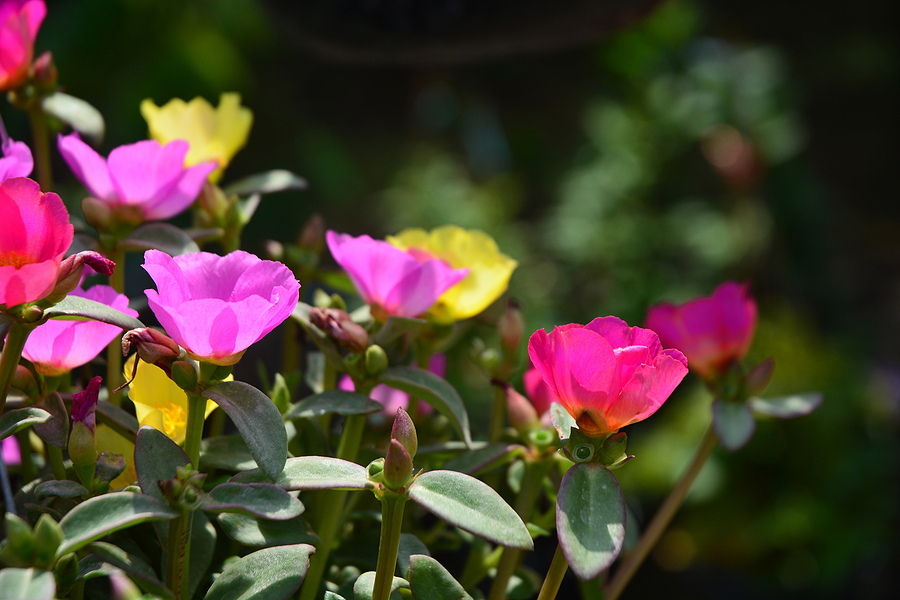
The Pigweed is a beautiful, but toxic plant for canines. Most all parts of the plant are poisonous. Ingestion could result in labored breathing, weakness, trembling, coma, can result in death.
Pokeweed
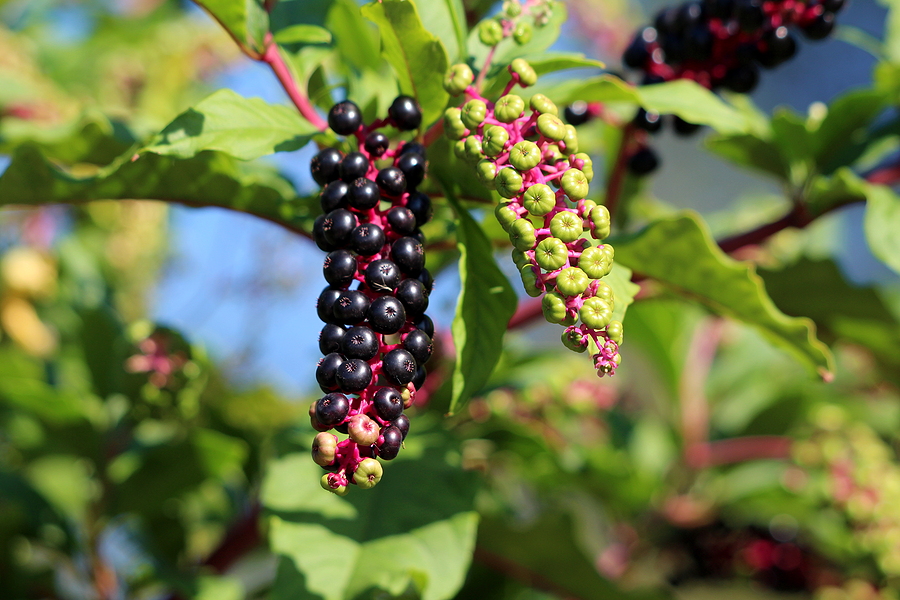
All parts of the Pokeweed plant are toxic to dogs. Ingestion could result in colic, diarrhea, blood in stool, anemia and possible death in rare cases.
Rhubarb
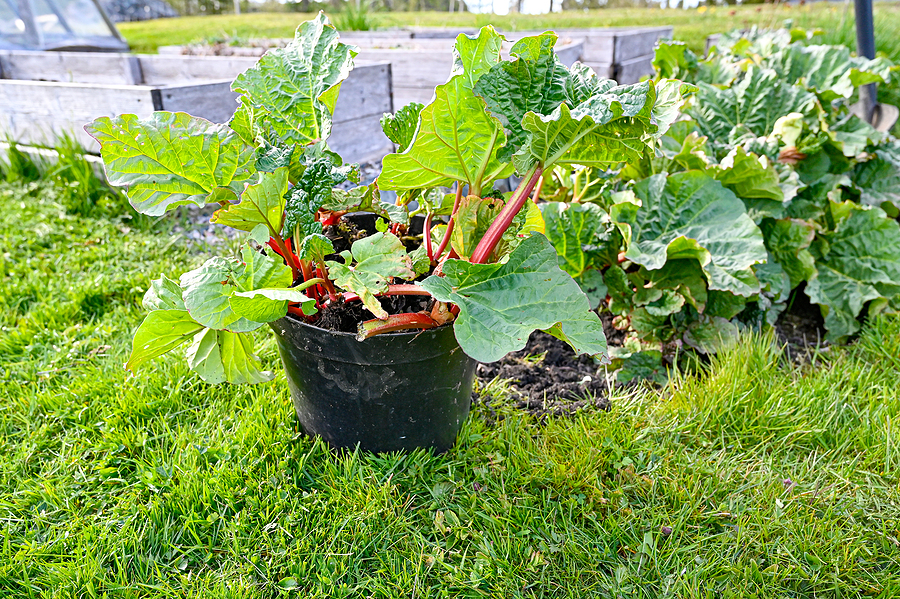
The leaves of the Rhubarb are toxic for dogs. Ingestion can cause staggering, trembling, difficulty breathing, weakness, diarrhea, increased drinking and urinating, and possible death.
Sago Palm
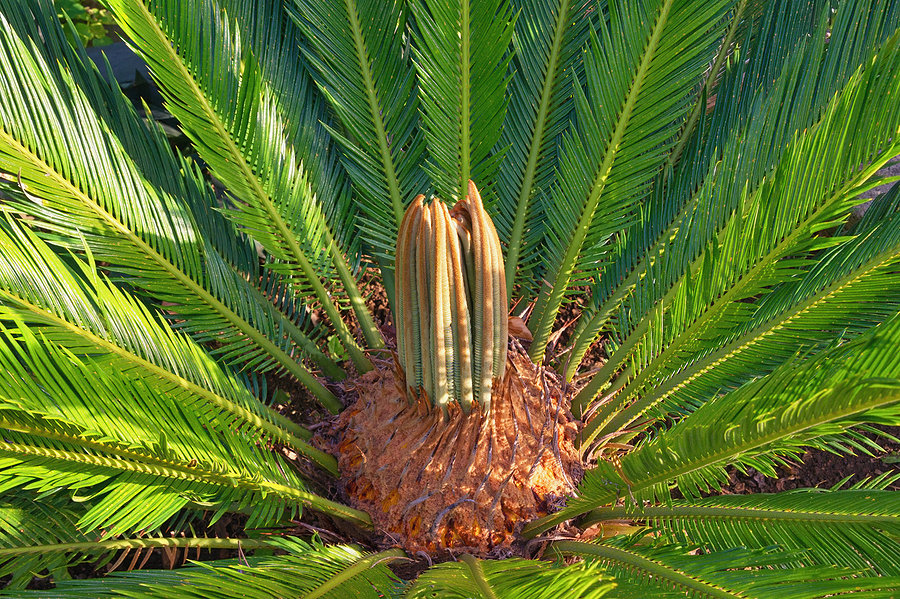
The Sago palm is a landscape favorite! This palm contains Cycasin, a potent toxin. Thus, everything from the fronds, seeds to the roots are noxious. Ingestion can cause vomiting, renal failure, liver damage, and possible death
Japanese and English Yew
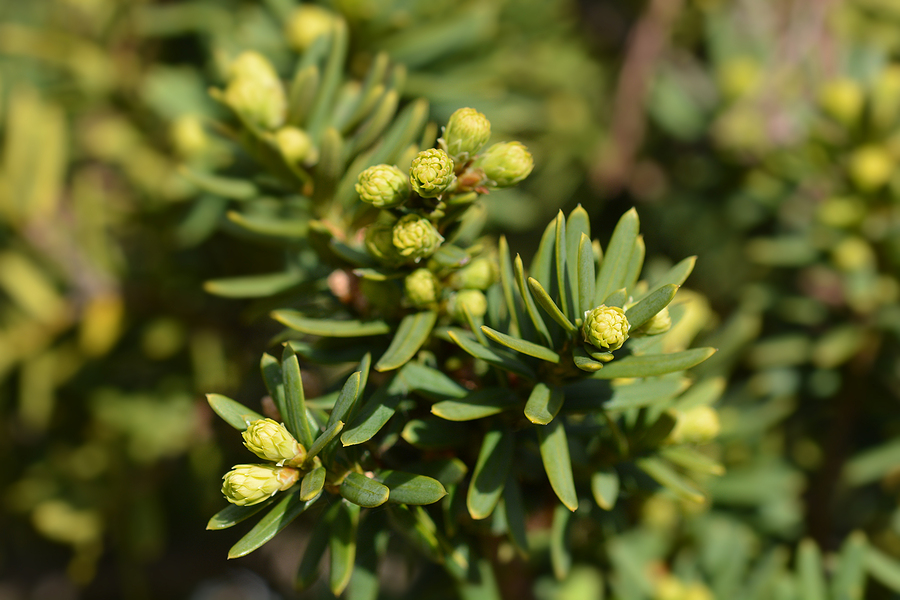
All parts of this stunning evergreen are highly toxic to dogs. Ingestion can cause breathing problems, trembling, weakness, heart problems, stomach upset, very sudden death
DISCLAIMER
The content of this page is not veterinary advice. There are a wide variety of factors to determine what is toxic to a particular animal. If you think your pet has eaten something potentially toxic, please call Pet Poison Helpline
(855) 764-7661
or seek immediate veterinary treatment.


